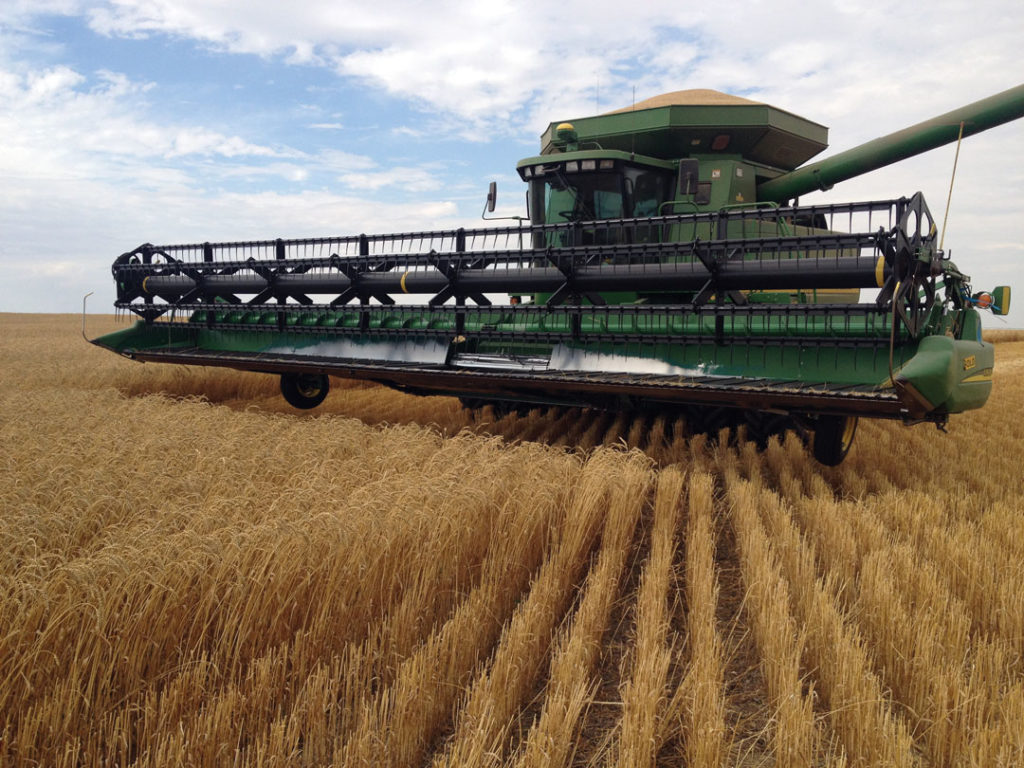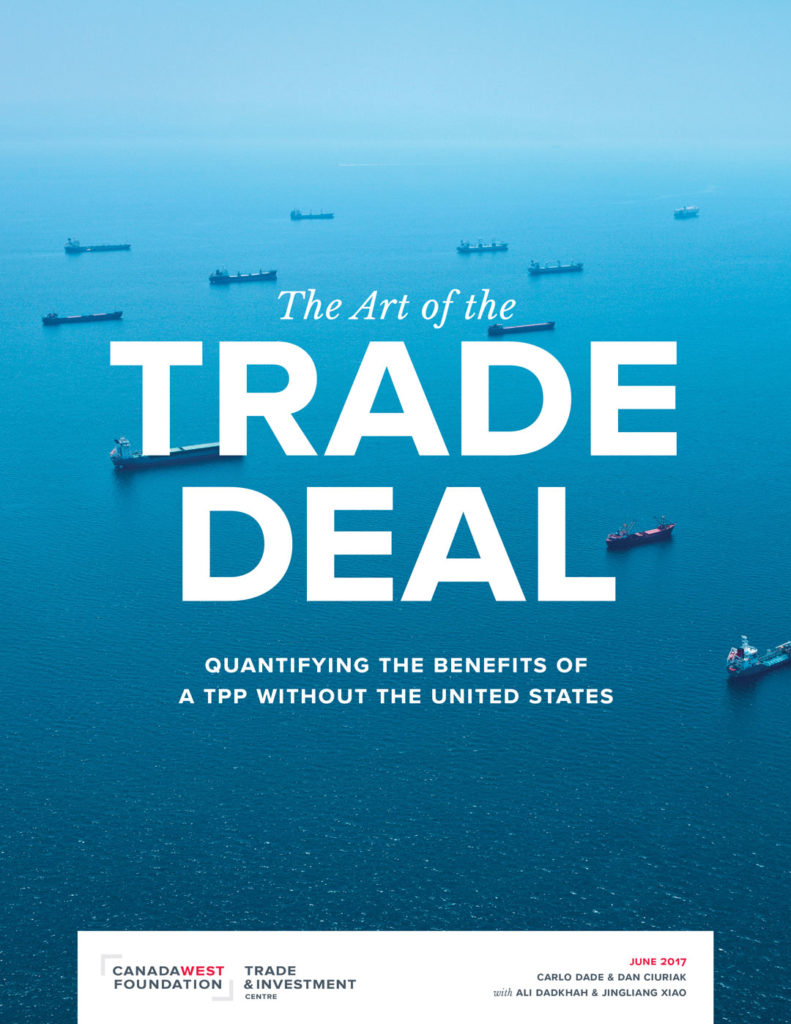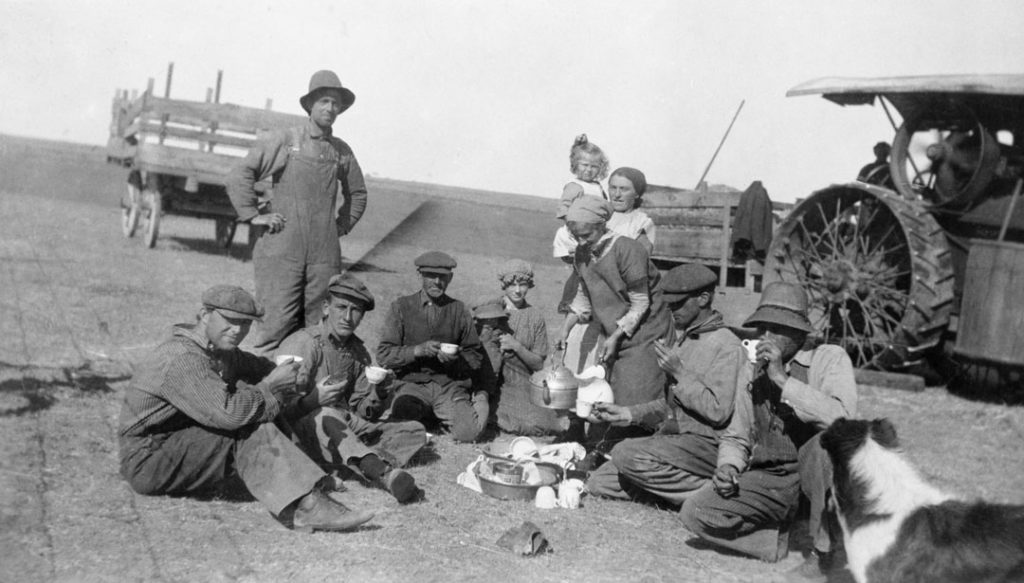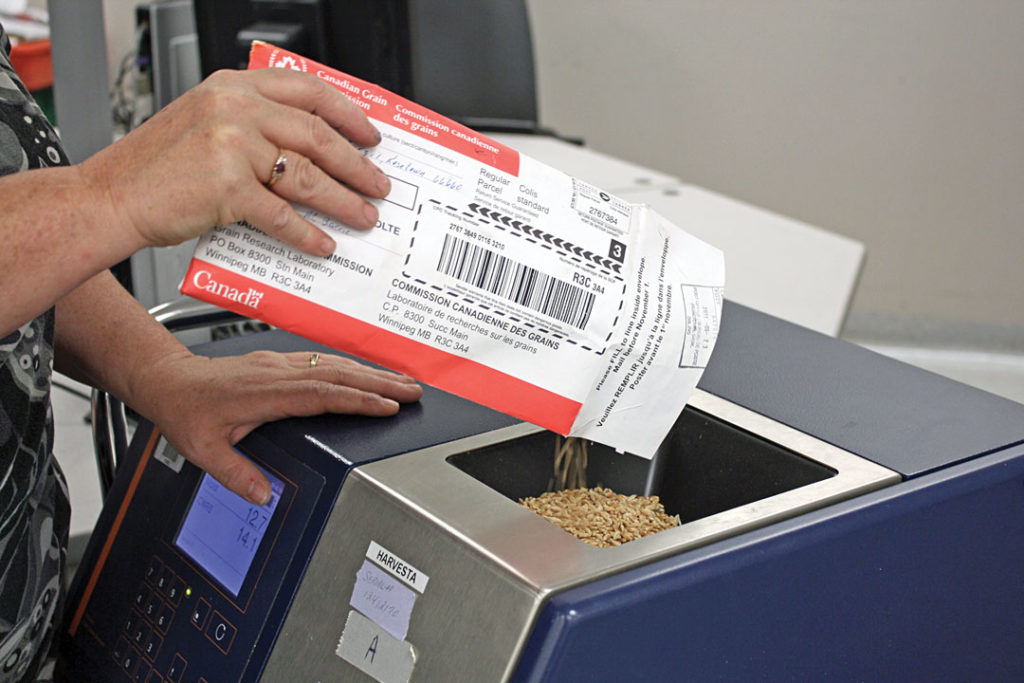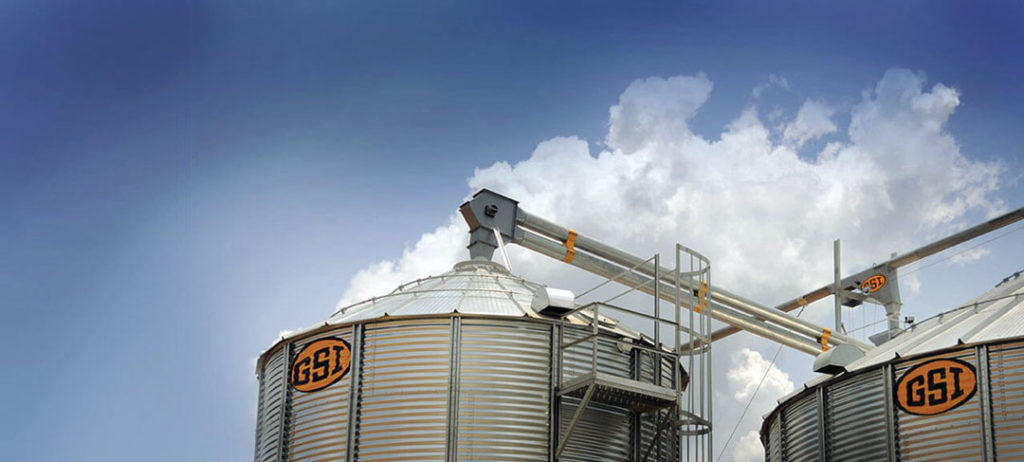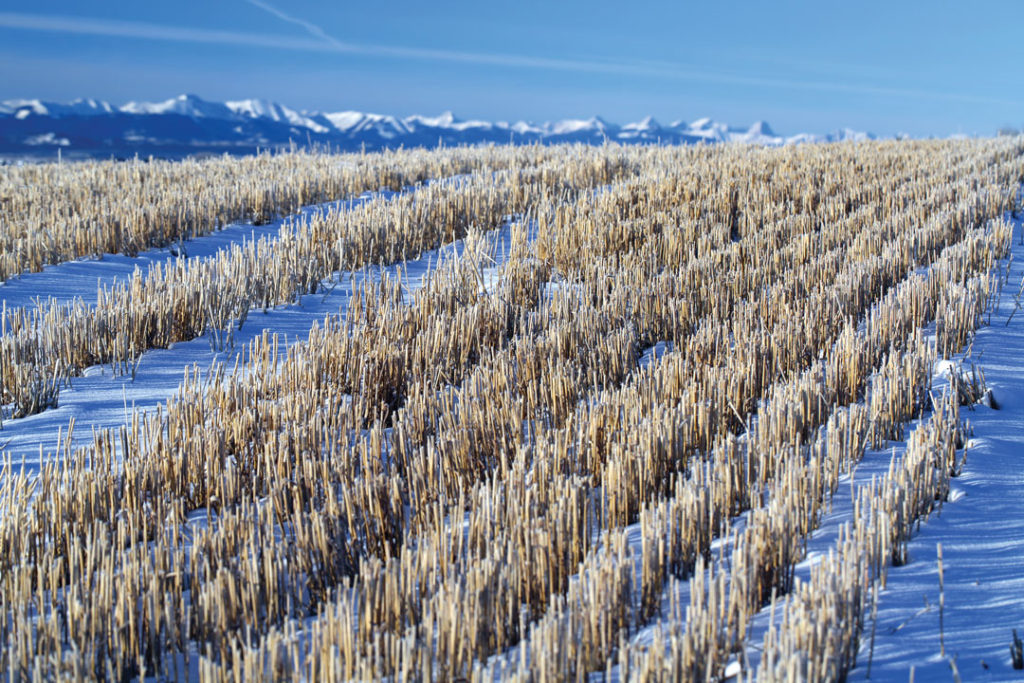GOOD TO GROW
While developing higher-yielding varieties is always a central objective, improving other agronomic and quality characteristics in cereal crops can be an equal and sometimes greater challenge. This according to western Canadian wheat and barley breeders who’ve worked within the wheat and barley clusters of the Growing Forward 2 ag development program.




